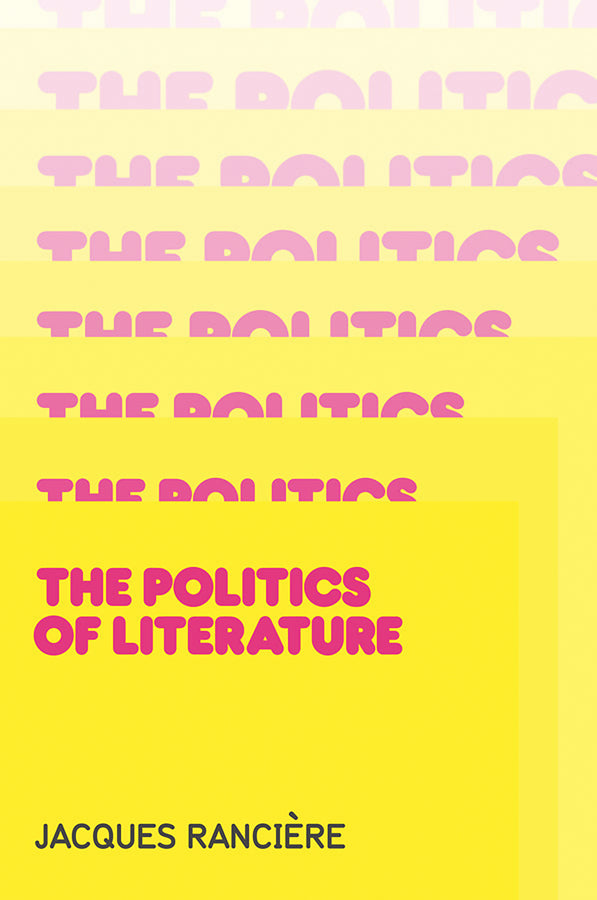Description
Explore the intricate relationship between literature and politics with our latest addition, 'The Politics of Literature.' This comprehensive text, published by John Wiley & Sons in 2010, is a vital resource for anyone interested in literary criticism and political theory. With an ISBN of 9780745645315, this brand new book dives deep into the concept of how literature not only represents societal structures, but also plays a crucial role in the political discourse. The title 'The Politics of Literature' suggests a profound connection between collective political practices and literature, showcasing literature as a historically influenced and significant medium of artistic expression. In its 248 pages, the book explores literary figures like Flaubert, Tolstoy, Hugo, Mallarmé, Brecht, and Borges, analyzing how their work disrupts traditional hierarchies and enriches our understanding of literary equality. Whether you are a student, a scholar, or an avid reader, this book provides essential insights into the political dimensions of literature and its impact on identity, speech, and representation. Join the conversation on how literature intervenes in the political landscape and revel in the power of written art. Order now for free shipping, and expect delivery within 6 weeks. Note that once your order is placed, it cannot be cancelled.
Note: Shipping for this item is free. Please allow up to 6 weeks for delivery. Once your order is placed, it cannot be cancelled.
Condition: BRAND NEW
ISBN: 9780745645315
Year: 2010
Publisher: John Wiley & Sons (UK)
Pages: 248
Description:
The politics of literature is not the same as the politics of
writers and their commitments, nor does it concern the way writers
represent social structures or political struggles. The expression
'politics of literature' assumes that there is a specific
connection between politics as a form of collective practice and
literature as a historically determined regime of the art of
writing. It implies that literature intervenes in the parceling out
of space and time, place and identity, speech and noise, the
visible and the invisible, that is the arena of the political.
This book seeks to show how the literary revolution shatters the
perceptible order that underpinned traditional hierarchies, but
also why literary equality foils any bid to place literature in the
service of politics or in its place. It tests its hypotheses on
certain writers: Flaubert, Tolstoy, Hugo, Mallarmé, Brecht and
Borges, to name a few. It also shows the consequences of this for
psychoanalytical intepretation, historical narration and
philosophical conceptualization.
Note: Shipping for this item is free. Please allow up to 6 weeks for delivery. Once your order is placed, it cannot be cancelled.
Condition: BRAND NEW
ISBN: 9780745645315
Year: 2010
Publisher: John Wiley & Sons (UK)
Pages: 248
Description:
The politics of literature is not the same as the politics of
writers and their commitments, nor does it concern the way writers
represent social structures or political struggles. The expression
'politics of literature' assumes that there is a specific
connection between politics as a form of collective practice and
literature as a historically determined regime of the art of
writing. It implies that literature intervenes in the parceling out
of space and time, place and identity, speech and noise, the
visible and the invisible, that is the arena of the political.
This book seeks to show how the literary revolution shatters the
perceptible order that underpinned traditional hierarchies, but
also why literary equality foils any bid to place literature in the
service of politics or in its place. It tests its hypotheses on
certain writers: Flaubert, Tolstoy, Hugo, Mallarmé, Brecht and
Borges, to name a few. It also shows the consequences of this for
psychoanalytical intepretation, historical narration and
philosophical conceptualization.

